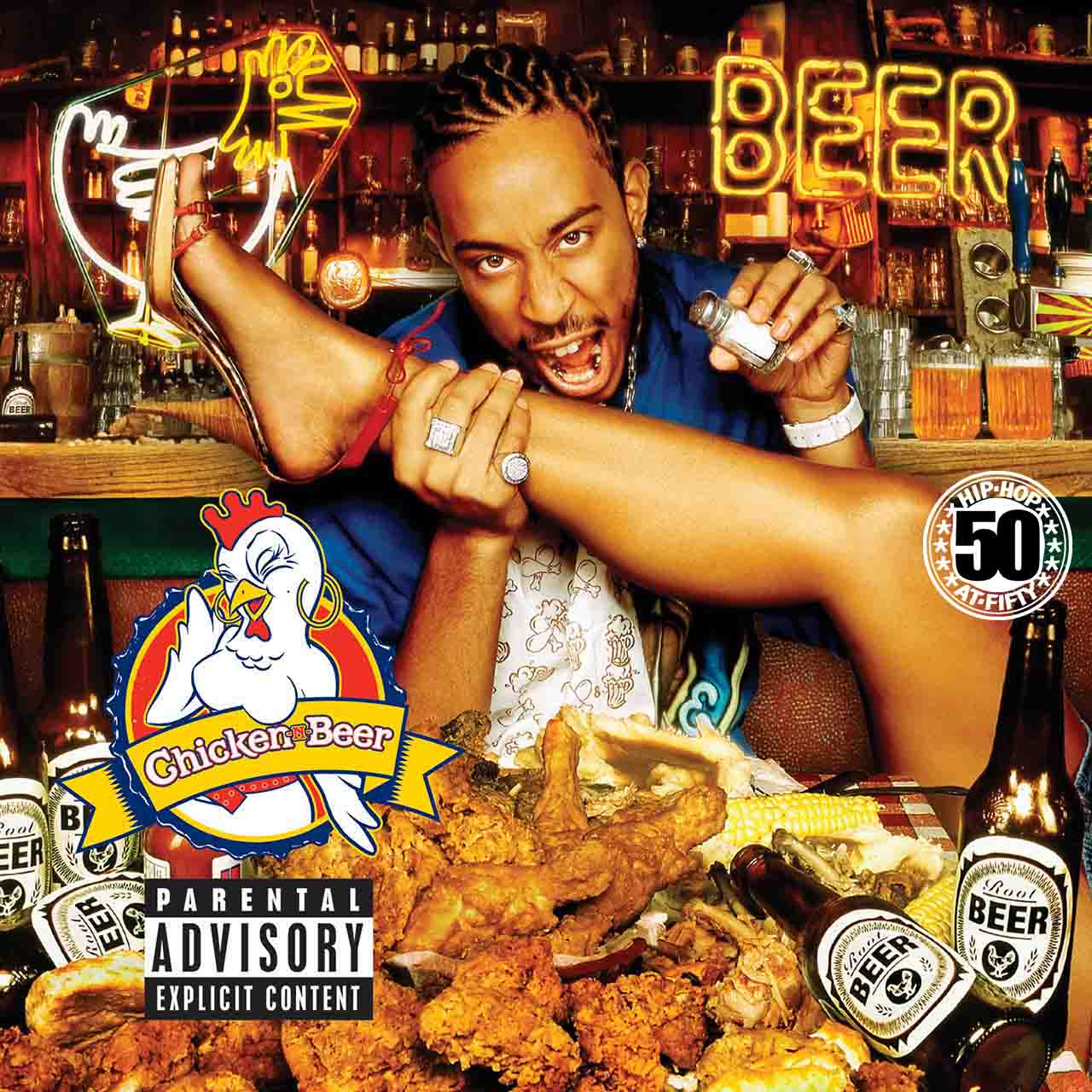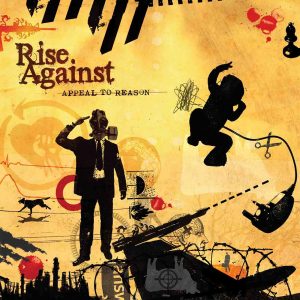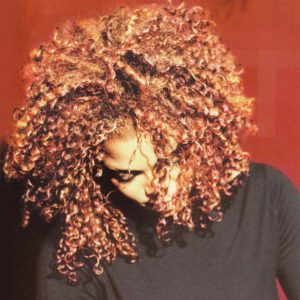In 2003, Ludacris claimed he was the “new phenomenon like white women with ass” on the second cut from his fourth studio album Chicken-n-Beer and, well, he wasn’t lying. The standout cut “Blow It Out” found the rapper bragging about his increasingly diverse fanbase and calling out his detractors by name. Decades after the album was released, Ludacris remains one of the most inspiring stories of a rapper turned businessman.
From Chris Lova Lova, the popular Atlanta radio host on Hot 97.5 (now 107.9), to independent artist, Ludacris was certainly no stranger to the music industry when he released Chicken-n-Beer. By 2003, Ludacris had already released three albums, including Word of Mouf, which featured notable singles such as “Move Bitch,” “Area Codes,” “Rollout (My Business)” and “Saturday (Oooh Oooh!).” Fans were already familiar with the southern rapper’s cocky lyrics and humorous delivery, and he’d already launched his label Disturbing the Peace. Shawnna, Chingy, I-2,0 and a locally known rapper from College Park named Tity Boi were early signees to the label. (Tity Boi, of course, would go on to become 2 Chainz.) By the time Chicken-n-Beer was released in October 2003, the film 2 Fast 2 Furious, with Ludacris in his first starring role, had been released months earlier. With Disturbing tha Peace handling the soundtrack for the film, joining the lucrative Fast & Furious franchise marked the beginning of a successful film career for the rapper.
Listen to Ludacris’ Chicken-n-Beer now.
In the midst of success outside of music, Ludacris’ Chicken-n-Beer was a declaration to his fans that his crossover success wasn’t going to change who he was as an artist. In 2002, Bill O’Reilly convinced Pepsi to drop the rapper, who he referred to as “a man who degrades women.” As his visibility increased, Ludacris had more to lose, but he stayed true to his image and the content he’d become known for, releasing sexy singles such as “Splash Waterfalls” and, with the video for “P-Poppin,” becoming one of the first mainstream rappers to create content for BET: Uncut. By releasing “P-Poppin” as the first single from the album, followed by the controversial, explicit music video filmed in popular Atlanta strip club Magic City, Ludacris showed he was determined to stay true to his southern roots, criticism be damned.
Filming a video in Magic City, naming an album Chicken-n-Beer and having the artwork display Ludacris seasoning a woman’s leg over a plate of chicken wings were all-important imagery, according to Disturbing tha Peace co-founder Chaka Zulu. They served as a visual depiction of the quintessential southern sound displayed throughout the album as a result of samples from William DeVaughn and Isaac Hayes on songs such as the chopped & screwed “Diamond in the Back,” produced by DJ Paul and Juicy J, and the DJ Nasty and LVM-produced album cuts “Southern Fried Intro.” Zulu said Chicken-n-Beer cuts such as “Hip-Hop Quotables” showed a continued effort on Ludacris’ part to prove that the success of Outkast and Goodie Mob as southern rappers wasn’t a fluke. At the same time, the rapper’s witty lyrical style was also a nod to his appreciation of rappers such as Redman. “[Ludacris] became a promoter of hip-hop globally and he kept the lights on in Atlanta,” Zulu said. “He came at a time when Atlanta didn’t know who its next artist was going to be.”
With Chicken-n-Beer, Ludacris scored his first no. 1 on the Billboard 200 chart and landed two top 10 singles on the Billboard Hot 100. The album was also Ludacris’ biggest album globally at the time. Chaka Zulu says this success is because Ludacris employed his radio knowledge to the project, releasing singles that would dominate the format. Ludacris created “Stand Up,” the rowdy club banger that was created with Hot 97’s Funkmaster Flex in mind. “Funk would drop bombs and say ‘stand up!’ so that’s literally where that title came from,” Zulu said.
The music executive said Luda’s ability to coexist in both the rap and the mainstream worlds wasn’t an accident. It was the result of strategizing and understanding his fanbase. “We think globally, but we act locally. If you don’t have your foundation, you have nothing,” he said, adding that maintaining crossover success while staying true to your roots has always been a “conundrum” for hip-hop artists.
While some of the lines sound outdated now, including a reference to taking meetings with Donald Trump, Ludacris really did ultimately have the last laugh. Bill O’Reilly was eventually fired from FOX in the height of the #MeToo era following reports that the company had paid out a total of $13 million to women alleging sexual misconduct. Meanwhile, “P-Poppin’” and “Splash Waterfalls” remain a snapshot of southern hip-hop in the early 2000s and the music video for “Stand Up” is a fun reminder of a time when Missy Elliot’s visual artistry inspired musicians to take risks in their videos.
Outside of music, the Chicken-n-Beer legacy will continue to live on with the album title now doubling as the name of Ludacris’ restaurant at Hartsfield Jackson International Airport, yet another nod to the rapper’s southern roots.
Listen to Ludacris’ Chicken-n-Beer now.
Editor’s note: This article was originally published in 2018.




